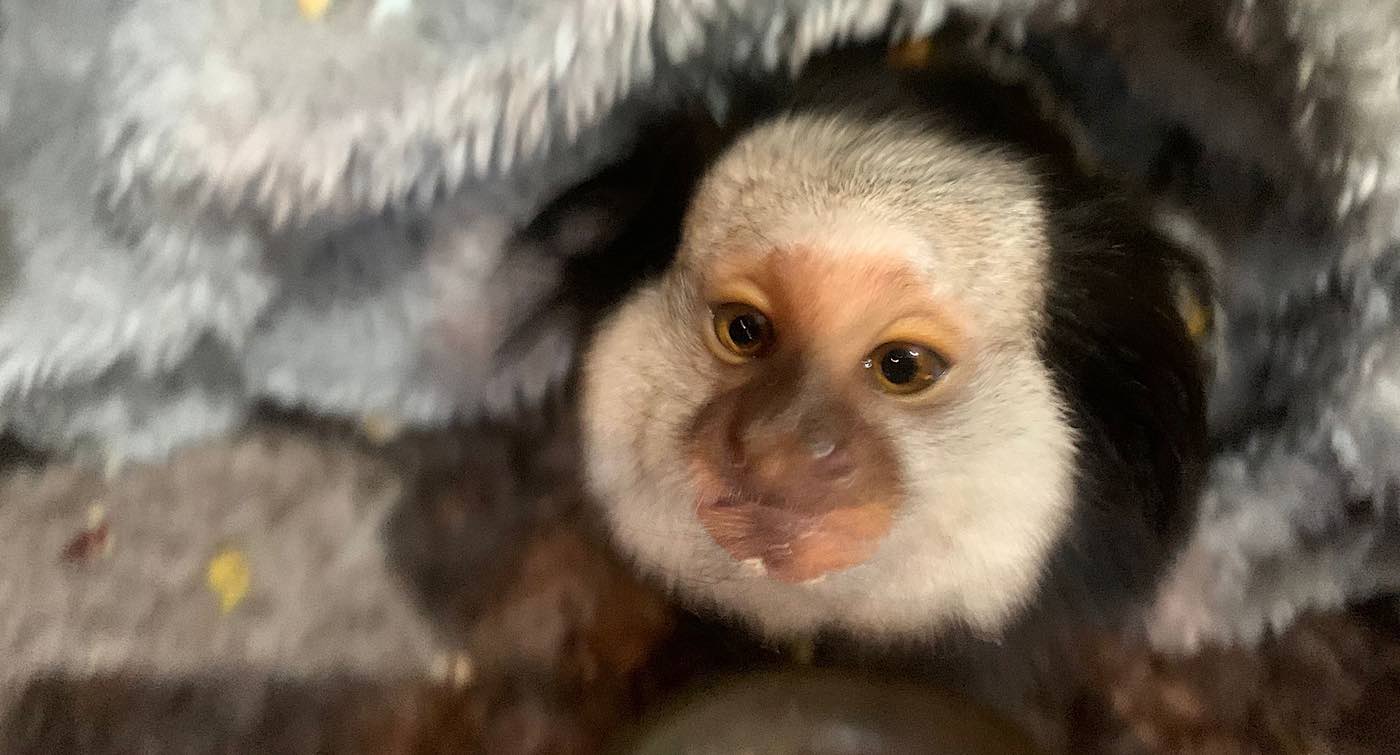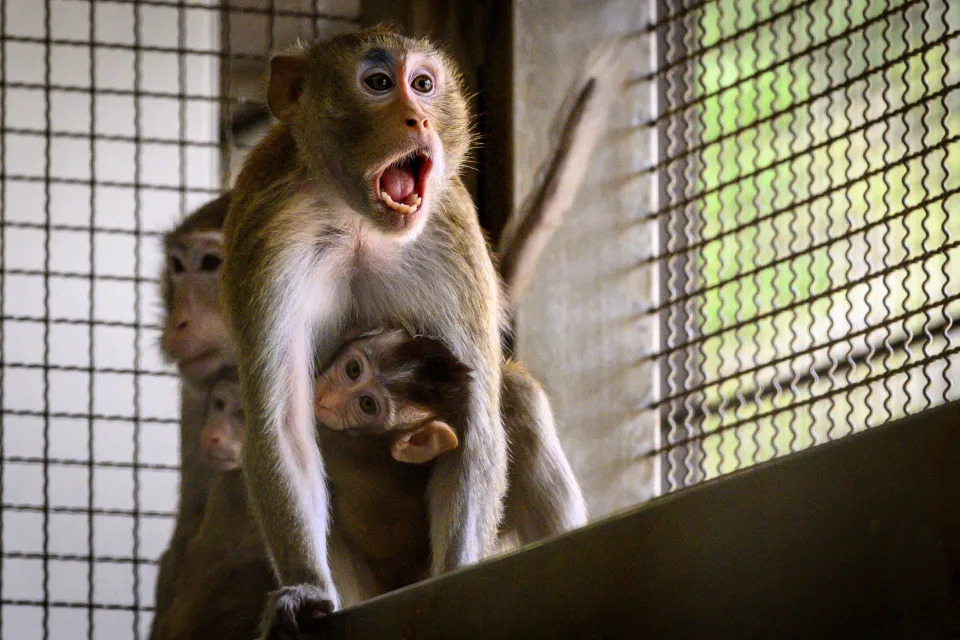In Thrasher, Tennessee, a woman shot a vervet monkey who reportedly tried to attack her while she was feeding her cats.
The woman, whose identity has not been disclosed, said she had recently undergone hip surgery and struggled to evade the monkey, according to a statement from the Soddy-Daisy Police Department.
To “defend herself,” she retrieved a shotgun from her home and shot the animal.
When officers arrived, they found the wounded monkey in her driveway. They transported the animal to the Chattanooga Zoo, where it was admitted to the zoo’s animal hospital.
Despite attempts to treat the vervet monkey, the injuries were severe, and the zoo’s team, after consulting with the Humane Educational Society, determined that euthanizing the monkey was the most humane choice.
“Unfortunately, due to the severity of the monkey’s wounds, the best course of action for the animal was humane euthanasia,” Chattanooga Zoo spokesperson Jake Cash confirmed.
The circumstances surrounding the monkey’s presence remain unclear, as officials did not confirm if it was a pet or a stray.
However, local reports noted that the monkey wore a collar, suggesting it may have been in captivity. Incidents involving exotic pets and captive primates are not uncommon.
PETA has tracked similar cases since 1990, documenting over 60 animal deaths and one human fatality due to interactions with primates in captivity.
Meanwhile, research from the International Fund for Animal Welfare highlights that exotic pet ownership has risen, with approximately 13 percent of U.S. households owning such animals by 2016.
This article by Trinity Sparke was first published by One Green Planet on 12 November 2024. Image Credit :Miroslav Srb/Shutterstock.
What you can do
Help to save wildlife by donating as little as $1 – It only takes a minute.







Leave a Reply